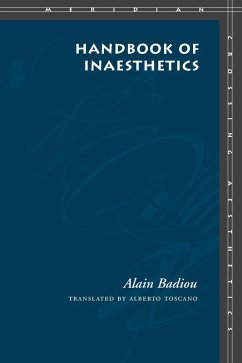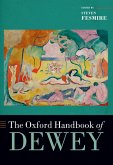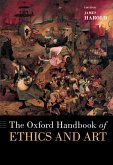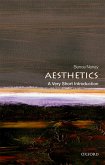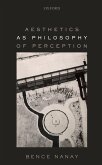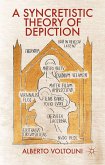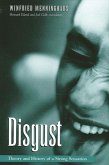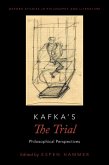Didacticism, romanticism, and classicism are the possible schemata for the knotting of art and philosophy, the third term in this knot being the education of subjects, youth in particular. What characterizes the century that has just come to a close is that, while it underwent the saturation of these three schemata, it failed to introduce a new one. Today, this predicament tends to produce a kind of unknotting of terms, a desperate dis-relation between art and philosophy, together with the pure and simple collapse of what circulated between them: the theme of education.
Whence the thesis of which this book is nothing but a series of variations: faced with such a situation of saturation and closure, we must attempt to propose a new schema, a fourth type of knot between philosophy and art.
Among these "inaesthetic" variations, the reader will encounter a sustained debate with contemporary philosophical uses of the poem, bold articulations of the specificity and prospects of theater, cinema, and dance, along with subtle and provocative readings of Fernando Pessoa, Stéphane Mallarmé, and Samuel Beckett.
Whence the thesis of which this book is nothing but a series of variations: faced with such a situation of saturation and closure, we must attempt to propose a new schema, a fourth type of knot between philosophy and art.
Among these "inaesthetic" variations, the reader will encounter a sustained debate with contemporary philosophical uses of the poem, bold articulations of the specificity and prospects of theater, cinema, and dance, along with subtle and provocative readings of Fernando Pessoa, Stéphane Mallarmé, and Samuel Beckett.
Dieser Download kann aus rechtlichen Gründen nur mit Rechnungsadresse in A, D ausgeliefert werden.

